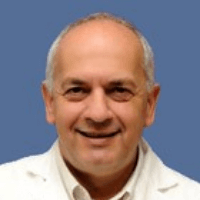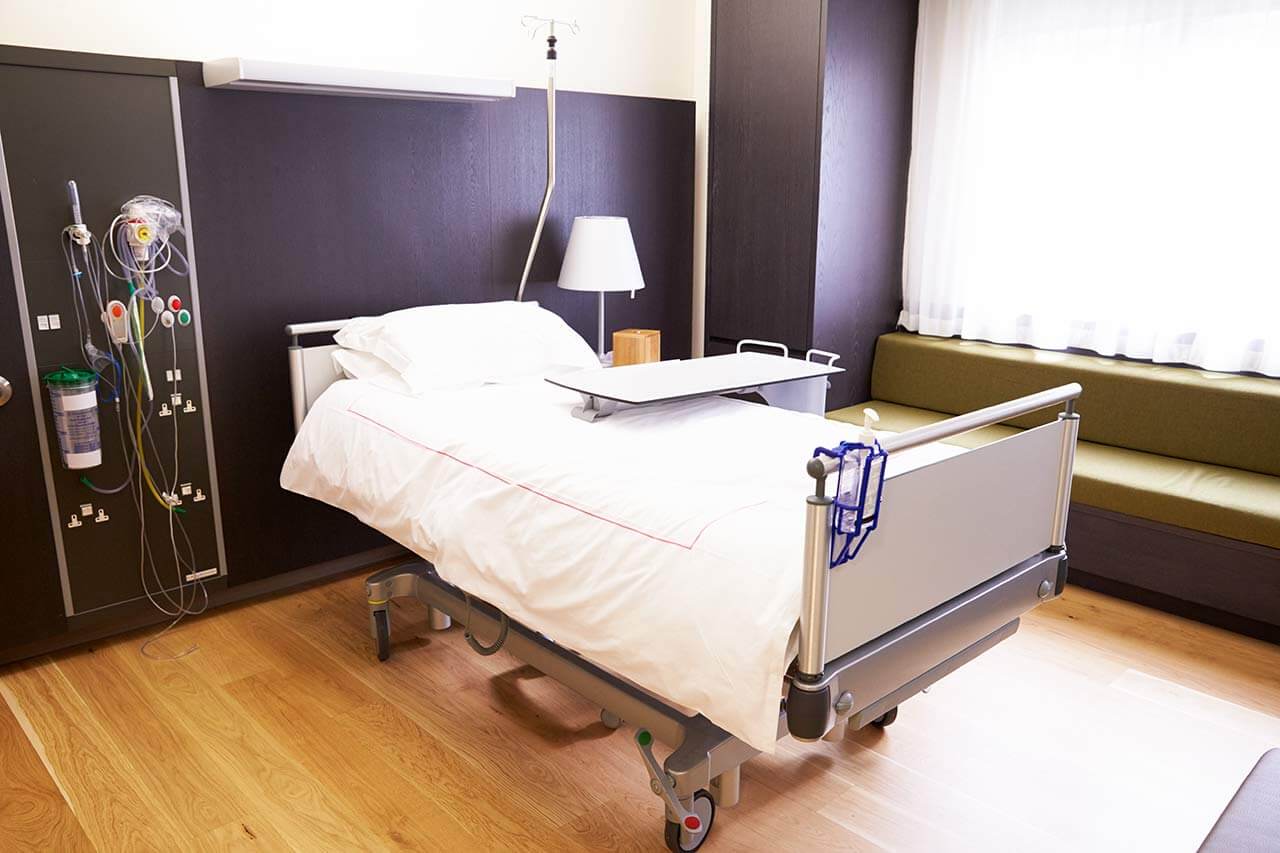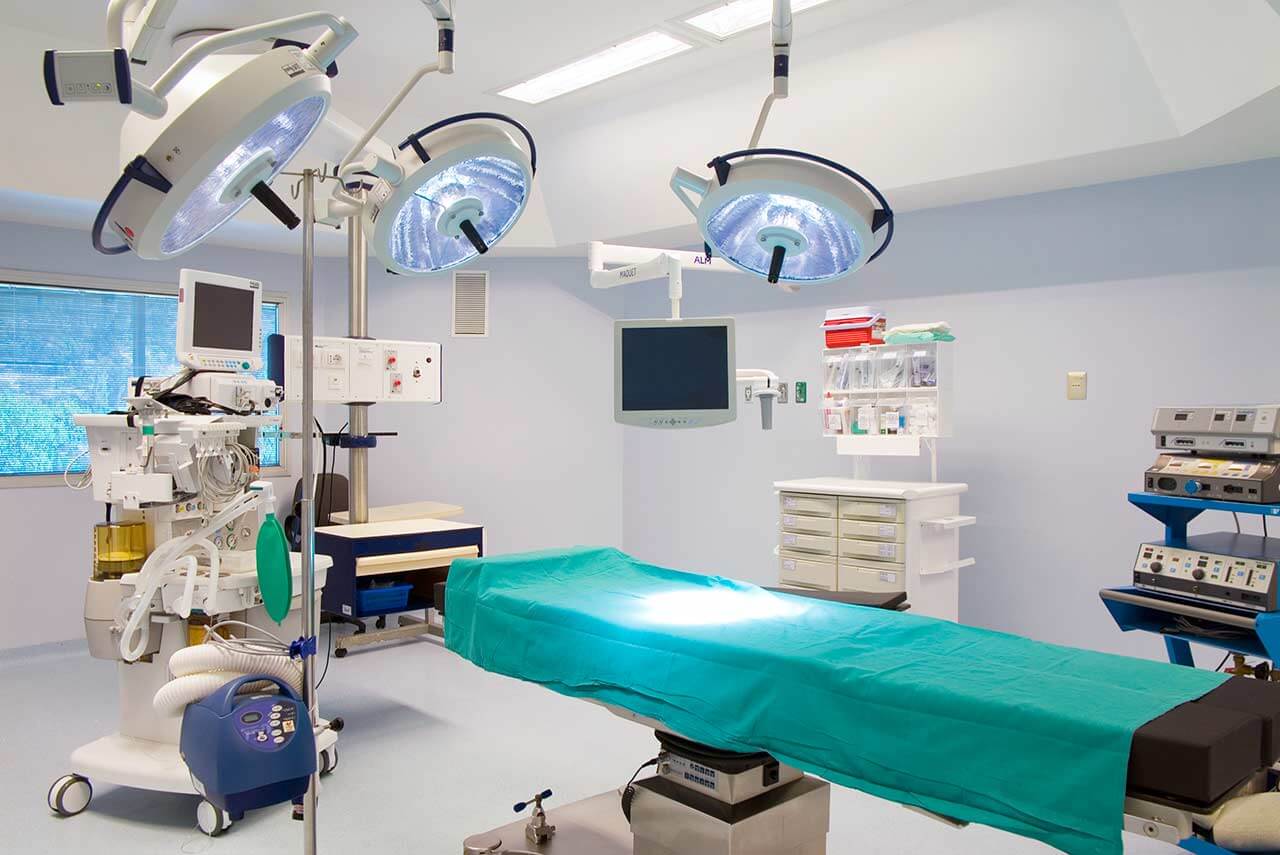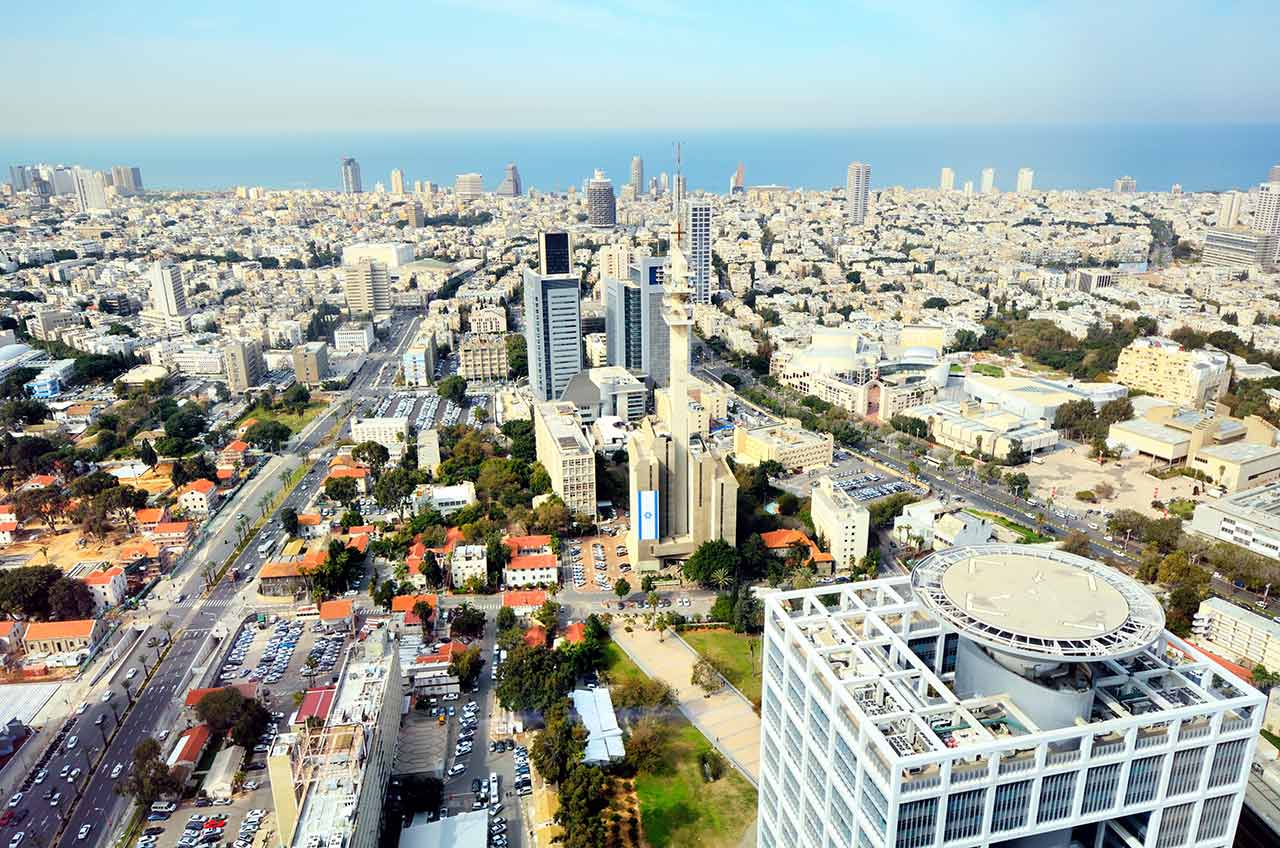
The program includes:
- Initial presentation in the clinic
- clinical history taking
- review of medical records
- physical examination
- neurological examination
- CT/MRI of the brain
(if indicated clinically, additional cost is 650/1200 €) - nursing services
- tumor board: consultation of
oncologist, radiologist, surgeon - treatment by chief physician and all leading experts
- explanation of individual treatment plan
Required documents
- Medical records
- Brain MRI/CT scan (not older than 3 months)
- Biopsy results (if available)
Service
You may also book:
 BookingHealth Price from:
BookingHealth Price from:
About the department
The Department of Pediatric Neurosurgery at the Tel Aviv Sourasky Medical Center provides the diagnostics and treatment of children with diseases of the brain and spinal cord. The key attention is paid to the treatment of tumors, congenital malformations of the brain, hydrocephalus, epilepsy and congenital malformations. The department performs about 350 surgical interventions every year. The department is headed by Prof. Dr. med. Shlomi Constantini.
The department employs experienced specialists who have the very latest models of neuronavigation systems, intraoperative MRI systems, special surgical microscopes, endoscopic and stereotactic devices, equipment for electroneurophysiological monitoring, etc. The department performs about 350 surgical interventions every year.
The main diagnostic methods practiced in the department include non-invasive examinations of the head and spine using magnetic resonance imaging and computed tomography. The department also carries out MRI and CT scans of the brain and spinal cord, dopplerography and scanning of the great vessels of the head and neck
In addition, the department's medical staff is also actively involved in national and international laboratory and clinical research, as well as in the training of medical students and doctors.
The department's surgical service range includes:
- Microsurgical removal of brain tumors located in the cerebellum and brainstem
- Interdisciplinary treatment of tumors of the brain and spinal cord
- Correction of congenital anomalies in the development of the central nervous structures (Crouzon, Apert, Saethre-Chotzen syndromes)
- Surgical treatment of cerebral aneurysms
- Treatment of congenital spinal malformations (Arnold-Chiari malformation and syringomyelia)
- Treatment of hydrocephalus using neuroendoscopy and other procedures
- Treatment of head injuries
- Treatment of spina bifida
- Neurosurgical treatment of spasticity
- Treatment of craniosynostosis
- Treatment of congenital malformations
- Endoscopic brain surgery
- Consultations during pregnancy
- Multidisciplinary treatment of neuroectodermal syndromes
- Other therapeutic options
Curriculum vitae
Education
- Hadassah Medical School, Hebrew University, Jerusalem, Israel.
Continuing Education
- 1980 Medical Sciences, Hebrew University, Jerusalem, Israel.
- 1984 Training at the Medical School combined with Master Thesis in Neurobiology, Hadassah Medical School, Hebrew University, Jerusalem, Israel. Subject: "Glucose transport in nerves of normal and diabetic rats".
- 1982 Sensory Transduction Cold Spring Harbor Laboratories.
- 1992 Neurotraumatology and Stroke with Dr. med. Wise Foung, NYU Medical Center Research Fellowship.
- 1979 - 1982 Clinical Laboratory, Shaare Zedek Hospital, Jerusalem, Israel
- 1982 3 Month rotations in Cardiology, Nephrology and Pulmonology, Mount Sinai Hospital, NY, USA.
- 1987 EANS Course in Supratentorial Tumors, Wroclaw, Poland.
- 1988 EANS Course in Infratentorial Tumors, Amsterdam, Holland.
- 1989 Micro-Neurosurgery Course, Zurich, Switzerland.
- 1990 Board certification in Neurosurgery.
- 1990 Neurosurgical Laboratory, Gemelli Hospital Rome, Italy.
- 1991 - 1993 Clinical Fellowship in Pediatric Neurosurgery, NYU Medical Center.
- 1994 Neuroendoscopy Course, NYU Medical Center, Postgraduate School.
- 1995 "Spine Days" Program, Tuttlingen, Germany.
- 1997 Advanced Neuroendoscopy Course, Tuttlingen, Germany.
Clinical Experience
- 1984 One-year rotating internship, Hadassah Medical Center, Jerusalem, Israel.
- 1985 - 1990 Residency in Neurosurgery, Hadassah Medical Center, Jerusalem, Israel.
- 1993 Attending Physician, Hadassah Medical Center, Jerusalem, Israel.
- Since 1996 Head of the Department of Pediatric Neurosurgery, Tel Aviv Sourasky Medical Center.
- Since 2006 Director, Gilbert Israeli & International Neurofibromatosis Center (IINFC), Tel Aviv Sourasky Medical Center.
Academic Experience
- 1990 Lecturer in Neurosurgery, Hadassah Medical School, Hebrew University, Jerusalem, Israel.
- 1997 Senior Lecturer, Medical School of the Tel Aviv University.
- 2003 Associate Professorship, Medical School of the Tel Aviv University.
- 2002 - 2003 Visiting Professorship, Hospital for Sick Children, Toronto, Canada.
Prizes and Achievements
- 1979 - 1982 Dean's Honor List and Scholarship.
- 1982 Aharon Katzir Fellowship.
- 1982 Wolf Foundation Fellowship.
- 1982 Forsheimer Fellowship, Mount Sinai Medical Center.
- 1983 - 1985 Foulks Foundation Fellowship.
- 1984 Dr. Albert Sulke Award for Outstanding Master Thesis.
- 1984, 1985 Fellowship, Center for Medical Education at the Ben Gurion University.
- 1988 Leo Davidoff Award for Study on Metabolic Changes in Head Trauma.
- 1989 Faculty Award for Research on Intracranial Pressure Measurements.
- 1989 Leo Davidoff Award for Study on Thromboembolic Phenomena.
- 1991 Fulbright Fellowship.
- 1994 Mahaly Best Clinical Research Award of the American Association of Neurological Surgeons (AANS).
Memberships in Professional Societies
- Israeli Neurosurgical Society.
- Congress of Neurological Surgeons (CNS).
- American Association of Neurological Surgeons (AANS).
- Pediatric Section of the American Association of Neurological Surgeons (AANS).
- Tumor Section of the American Association of Neurological Surgeons (AANS).
- European Society of Pediatric Neurosurgery (ESPN).
- International Federation of Neuroendoscopy (IFNE), Founding Member and President.
- European Neurosurgical Society (EANS), Vice President.
- International Society of Pediatric Neurosurgery (ISPN), General Secretary.
Photo of the doctor: (c) Tel Aviv Sourasky Medical Center
About hospital
The Tel Aviv Sourasky Medical Center is the second largest and one of the most advanced healthcare and research facilities in Israel. It began its work in 1961, but it is still popular among the local population and attracts thousands of international patients.
The multidisciplinary medical center covers an area of 150,000 m². It has 60 departments and institutes with 1300 beds. The hospital annually provides its highly professional services to more than 1,5 million patients. In addition, the hospital enjoys prestige among doctors, many of whom want to have an internship and work here.
The medical center employs more than 6,400 people, among them more than 1,100 doctors, 1,760 nurses, 850 medical laboratory assistants, technical and other employees. The medical staff successfully combines clinical and research activities. The hospital annually conducts clinical trials aimed at the the development of new diagnostic and treatment methods.
Structurally, the medical facility is divided into four main hospitals. These include the General Hospital, the Rehabilitation Hospital, the Lis Maternity and Women's Hospital and the Dana-Dwek Children's Hospital.
The medical center is focused on individualized treatment. With adherence to the international standards of service, the specialists take into account the needs of each patient, his age and a specific clinical case. The medical center strives to provide treatment in a friendly and respectful atmosphere, with an empathic attitude to each patient.
Photo: (c) depositphotos
Accommodation in hospital
Patients rooms
The patients of the Tel Aviv Sourasky Medical Center live in comfortable rooms equipped with all necessary amenities. The standard room includes an automatically adjustable bed, a bedside table, a wardrobe for storing clothes. Also, each room has an ensuite bathroom with shower and toilet.
Meals and Menus
The medical center offers three meals a day: breakfast, lunch and dinner. For lunch, the patients have a choice of daily menus. If for some reason you do not eat all foods, you will be offered an individual menu. Please inform the medical staff about your food preferences prior to treatment.





